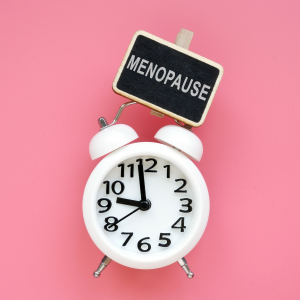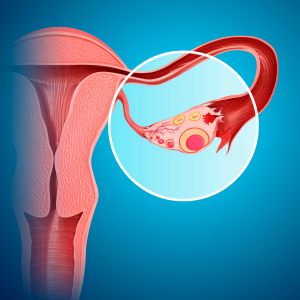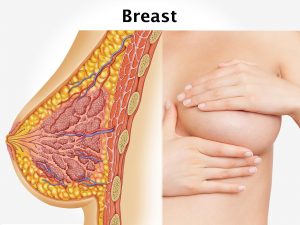Pregnancy lasts for nine months, but it should be considered a one year period with the first three months spent in preparing your body for pregnancy. Your health at the time of conception determines the healthiness of your pregnancy.And your diet has a big impact on your health.
Your shopping list should especially contain fortified cereal, beans, peas, and spinach. Why? These foods are natural sources of folate (folic acid), an important vitamin B that prevents birth defects. Here is how folic acid helps during pregnancy:
What is folic acid?
Folic acid (also known as folate) is a vitamin which helps grow and protect cells in your body. It is found in some foods and in multivitamin supplements.
Who should take folic acid?
All women should take folic acid. Folic acid is essential to prevent neural tube defects in the baby when taken before pregnancy and during pregnancy.
Why is folic acid important before conception and during pregnancy?
- Cells grow and divide very quickly during pregnancy. Uterus grows in size, the placenta develops, blood volume of body increases and the fetus grows. All these make folic acid important for a healthy pregnancy.
- The baby also grows quickly along with the mother’s body. Healthy eating and normal levels of vitamins and minerals before getting pregnant and during pregnancy are important to reduce the risk of birth defects. Folic acid lowers the risk of birth defects such as neural tube defects (NTDs), limbs and heart defects, anomalies of stomach, urinary tract and cleft lip and cleft palate.
How can I get enough folic acid?
- Some flour, breads, cereals and pasta have folic acid added to them. They are marked as ‘fortified with folic acid’ and other nutrients on the pack. Prenatal multivitamins are must, in addition to food.
- Folic acid can also be obtained from some fruits and vegetables. Folate is the natural form of folic acid in foods. Sources include: Beans, green leafy vegetables like spinach, broccoli, peanuts, oranges.
- If you want a ready-made solution for folic acid you can go for pills. Most multivitamins contain folic acid. Take doctor’s advice and buy the medicines only with prescription.
- Folic acid requirement before pregnancy is 400 micro-grams daily.
- During pregnancy this rises to about 600 micrograms daily.
If you were unaware of folic acid and its benefits, it’s never too late to make a fresh start. Start consuming folate from now on to ensure your and your baby’s good health.












![Lobular Carcinoma In Situ [LCIS]](https://moho.loopshell.com/read/wp-content/uploads/2022/01/Lobular-Carcinoma-In-Situ-Lcis-300x300.png)

















